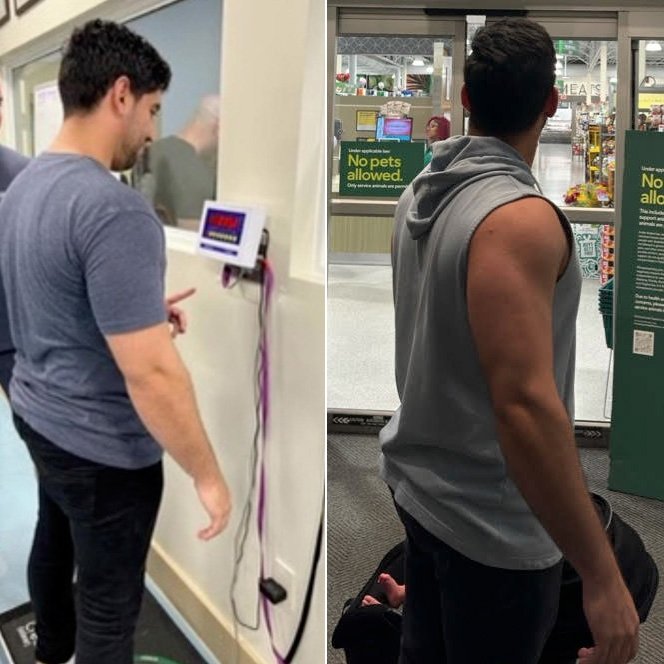If you’ve been exploring peptides for health, performance, or recovery, you’ve probably seen them sold online as “research use only” or “not for human consumption.” The price might look appealing, the marketing might be slick—but there’s a critical distinction most people miss. There is a world of difference between research-grade peptides sold on the internet and pharmacy-compounded peptide medications prepared under U.S. law. That difference can mean everything for your health, your safety, and even your legal protection.
1. Regulatory Reality Check
Research Peptides These aren’t medications—they’re lab chemicals. They’re not FDA-approved, not regulated for human use, and not made in compliance with pharmaceutical standards. The “not for human consumption” label isn’t just a warning—it’s legal protection for the seller because these products haven’t been tested or certified for safe use in people. Pharmacy-Compounded Peptide Medications These are prepared in licensed compounding pharmacies operating under Section 503A or 503B of the Federal Food, Drug, and Cosmetic Act. They’re produced in facilities inspected and regulated by state boards of pharmacy (and sometimes the FDA), and they must follow strict guidelines like USP <797> for sterile compounding and USP <71> for sterility testing before the medication ever reaches you.
2. Quality, Purity, and Safety—Not Optional
Research Peptides Purity claims? Unverified. Potency? Hit or miss. Sterility? No requirements at all. There’s no obligation for these products to undergo testing for bacteria, endotoxins, or particulate contamination. No cleanroom, no batch records, no recall system. Pharmacy-Compounded Peptide Medications Here, safety is built into the process. Active ingredients come from FDA-registered suppliers with verified Certificates of Analysis. Compounding is done in ISO-classified cleanrooms. Every sterile injectable peptide undergoes USP <797> sterile preparation standards and USP <71> sterility testing before it leaves the pharmacy. Even topical peptides benefit from rigorous quality control, dosing accuracy, and full traceability.
3. Legal and Clinical Implications
Research Peptides A physician cannot legally prescribe these for human use without risking medical board discipline, DEA attention, or legal liability. If something goes wrong, there’s no legal recourse for contamination, mislabeling, or injury. Pharmacy-Compounded Peptide Medications These are prescribed within the scope of medical practice, dispensed through licensed pharmacies, and labeled with your name, dosing instructions, and safety information. If there’s ever an issue, there’s a documented process for recalls and adverse event tracking.
4. Why This Matters for You
When it comes to peptides, you’re not just choosing between two “versions” of the same thing—you’re deciding between a regulated medication and an unregulated chemical. One is backed by clinical oversight, pharmaceutical standards, and legal protection. The other is, quite literally, a gamble. At Renew Vitality, we use only pharmacy-compounded peptides that meet USP <797> and USP <71> standards—because your health is worth more than taking chances.
Bottom line: If a peptide isn’t coming from a licensed compounding pharmacy, you don’t know what’s in it, how pure it is, or if it’s safe. And that’s a risk you don’t need to take.
























